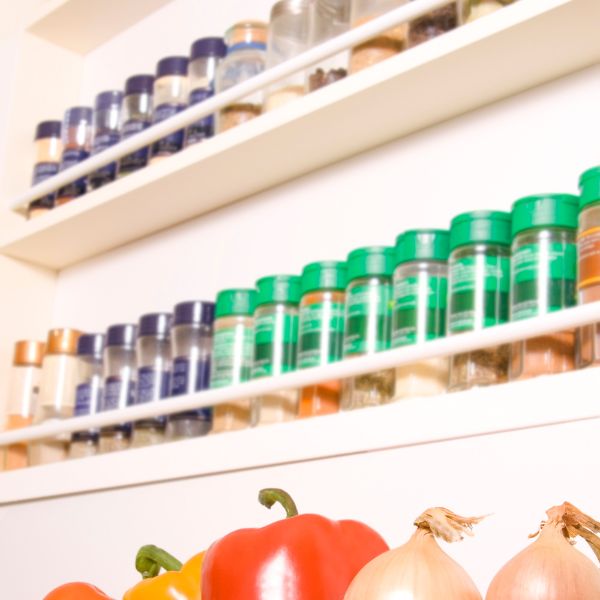The impact of loadshedding spans across every industry in South Africa, and wholesale spice grinder production is just one industry working to find ways to navigate this impact. Smaller manufacturers have battled to continue production. Some have been forced to cease production. Others have had to make drastic changes in how grinders and bottles are manufactured. As the country adjusts to the fact that loadshedding will not be going away any time soon, spice producers are also facing numerous difficulties.
There is light at the end of the tunnel, however. By choosing trusted wholesale spice grinder partners and developing a strategy to ensure continued product quality, the effects of loadshedding can be greatly reduced. Keep reading to find out how grinder manufacturers and spice producers are affected by loadshedding, and how these challenges can be addressed.

How Loadshedding Affects Spice Grinder Manufacturers
First, it is important to understand how loadshedding affects both spice grinder manufacturers and spice producers. Daily power outages are the norm in the current state. During lower loadshedding stages, total power loss will typically be two to four hours, depending on the day’s schedule. When stages are higher, downtime each day can be as much as eight hours or more. Even for companies and manufacturers with backup power solutions, the impact of daily outages is severe. Running manufacturing and packing facilities with multiple outages results in numerous problems.
Supply chain challenges, product spoilage, storage, and price increases of everything from seasoning to packaging are just a few of the battles faced by salt, pepper and spice producers. For consumers, this has a knock-on effect, thanks to inflation, decreased product quality, food safety concerns, and even reputation damage if spice producers try to cut costs by choosing cheap, poor-quality grinders.
What is the solution for spice producers, with all of these challenges in mind?
The best way forward is to keep the focus on what has always been the main concern – quality. A mistake that many spice producers have made is to try and cut costs by replacing their current packaging manufacturer with partners that do not deliver certified grinders or grinders with any type of quality guarantee. Although this may save money initially, it transfers the cost to the consumer, resulting in PET and glass bottles, grinders and flip-top lids that may break easily or not function properly. These quality issues, in turn, affect spice producers. When grinder mechanisms do not work, for example, the risk of product recall increases. Risk to reputation, loss of future sales and product waste also become more likely.
Product freshness is a major concern during loadshedding, especially due to changes in supply chains, retailer closures and other related issues that prevent products from getting to the shelves quickly. Add-on services such as tamper-proof lining and induction liners help to keep products fresher for longer. This helps to reduce wastage and spoilage, even during delays with storage, packing and transportation.

